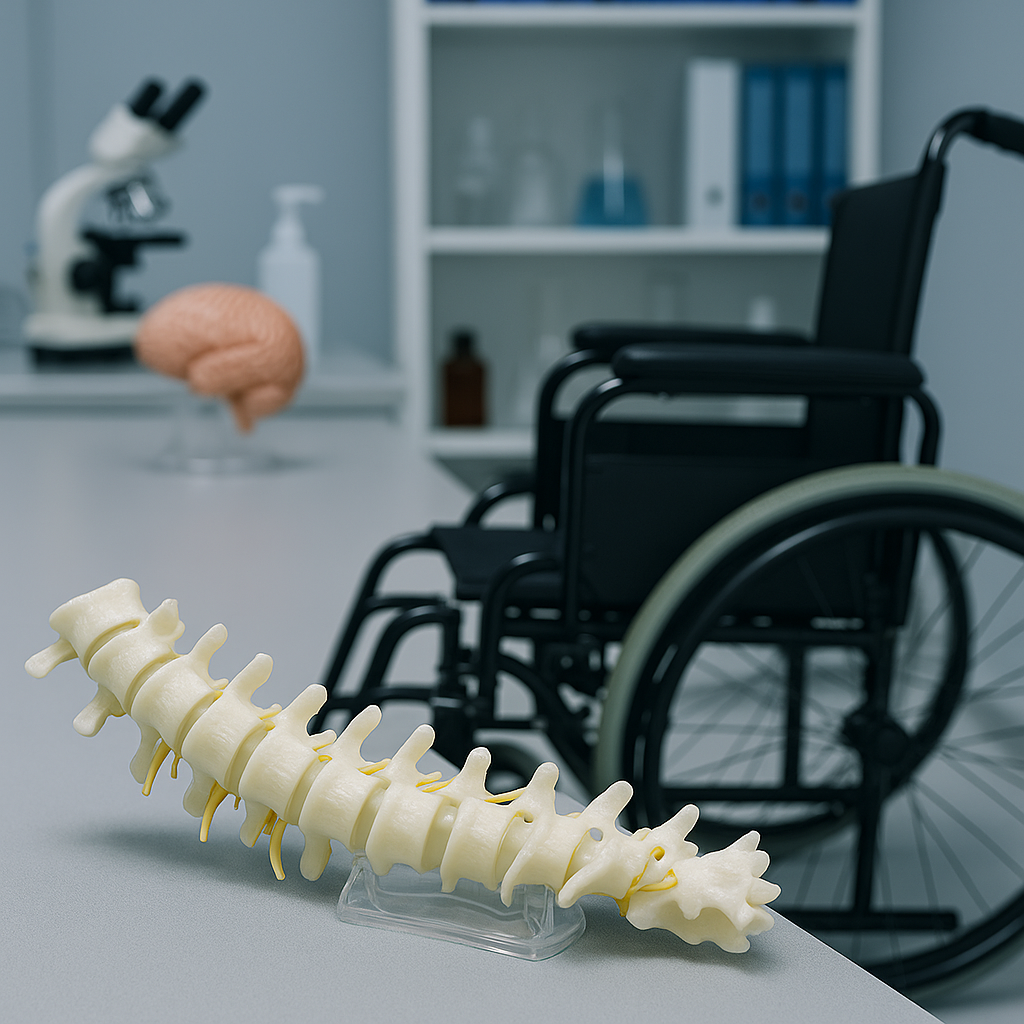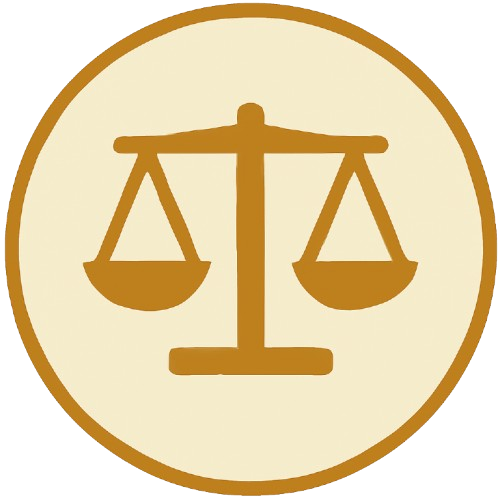Home » Injury Type » Spine Injuries: Types, Causes, and Legal Options » Paraplegia: Types, Causes, and Legal Options
Understanding and Overcoming Paraplegia
Paraplegia is a life-altering condition that affects the lower half of the body, often caused by trauma to the spinal cord. Understanding your rights, recovery options, and legal pathways is essential for regaining independence and securing the support you deserve.
Comprehensive Guide to Paraplegia Injuries
Paraplegia occurs when damage to the spinal cord disrupts signals between the brain and lower body. Victims may lose motor control and sensation in the legs, impacting mobility and overall quality of life. Knapp Moss helps clients pursue compensation for these devastating injuries.

Complete vs. Incomplete Paraplegia
Complete paraplegia involves total loss of movement and feeling below the injury site, while incomplete paraplegia may retain partial sensation or motor function.

Common Symptoms of Paraplegia
Muscle weakness, numbness, chronic pain, and loss of bladder or bowel control are frequent signs of spinal cord damage.

Paraplegia-Related Complications
Complications include pressure sores, respiratory issues, infections, and emotional distress—all of which can significantly affect recovery.

Common Types of Paraplegia Injuries
Not all paraplegia cases are the same. Medical professionals classify them based on the severity and location of spinal cord damage. Legal support ensures victims understand their diagnosis and potential for recovery.

Complete Paraplegia
Total loss of movement and sensation below the injured spinal region.
Learn More

Incomplete Paraplegia
Some nerve signals remain, allowing limited function or feeling.
Learn More

Traumatic Paraplegia
Caused by accidents such as crashes, falls, or acts of violence.
Learn More

Non-Traumatic Paraplegia
Results from illness, infection, or degenerative spinal conditions.
Learn More
Causes of Paraplegia
Paraplegia can stem from multiple situations involving negligence, unsafe environments, or preventable accidents. Knowing the cause helps determine fault and guides your path toward compensation.

Car Accidents
High-impact collisions are among the leading causes of spinal cord injuries that result in paraplegia.

Workplace Accidents
Falls, heavy machinery incidents, and unsafe work conditions can cause permanent spinal trauma.

Slip and Fall Accidents
Falls from unsafe surfaces or unmaintained premises can lead to spinal cord compression and paralysis.

Sports Injuries
High-contact sports or improper safety equipment can lead to serious spinal cord damage.

Medical Malpractice
Surgical errors, anesthesia complications, or delayed diagnoses can cause or worsen paraplegic injuries.

Assaults and Violence
Gunshot wounds or violent acts may damage the spinal cord, leaving lasting physical and psychological impacts.
Understanding the cause of your paraplegia injury is crucial for determining liability and securing proper compensation.
Role of a Paraplegia Injury Lawyer
An experienced paraplegia injury lawyer helps victims navigate medical treatment, pursue compensation, and protect their rights throughout the recovery process.

Case Evaluation
Legal professionals assess how the injury occurred, identify liable parties, and estimate potential case value.
- Review medical records
- Collect accident reports
- Obtain expert testimony

Proving Negligence
Lawyers gather evidence showing another party’s carelessness directly led to the spinal injury.
- Identify responsible party
- Demonstrate breach of duty
- Prove causation of injury

Calculating Damages
Compensation may include current and future medical bills, lost income, home modifications, and emotional suffering.
- Calculate medical costs
- Estimate future earnings loss
- Include pain and suffering
The Role of Legal Support
Legal guidance ensures victims receive full compensation for lifelong care needs and adaptive support. Knapp Moss provides dedicated representation to secure justice and financial stability.

Legal Considerations in Paraplegia Injury Cases
Paraplegia claims require timely legal action to preserve evidence, calculate long-term losses, and pursue compensation under state law.

Statute of Limitations
Each state enforces strict filing deadlines for injury claims. Missing these may forfeit your right to compensation.
- State-specific deadlines
- Filing requirements
- Time limitations

Lost Wages
Victims may recover pay for missed work and diminished future earning capacity caused by permanent paralysis.
- Accident reports
- Witness statements
- Medical documentation

Pain and Suffering
Non-economic damages account for emotional distress, reduced quality of life, and loss of independence.
- Medical history impact
- Documentation needs
- Claim evaluation
Frequently Asked Questions
Find answers to common questions about
paraplegia injury and our legal services.
- Still have questions? Contact our support team
What is the difference between complete and incomplete paraplegia?
Complete paraplegia means full loss of movement and feeling below the injury site, while incomplete paraplegia allows limited sensation or control.
Can paraplegia improve over time with treatment?
Recovery depends on the severity and location of the spinal injury. Some individuals regain partial movement through therapy and rehabilitation.
Do I need a lawyer for a paraplegia injury case?
Yes. A lawyer helps investigate the cause, gather evidence, and pursue compensation to cover lifelong medical and care costs.
How can Knapp Moss help after a paraplegia injury?
Knapp Moss assists clients by building strong cases, coordinating medical documentation, and negotiating fair settlements or trial outcomes.


